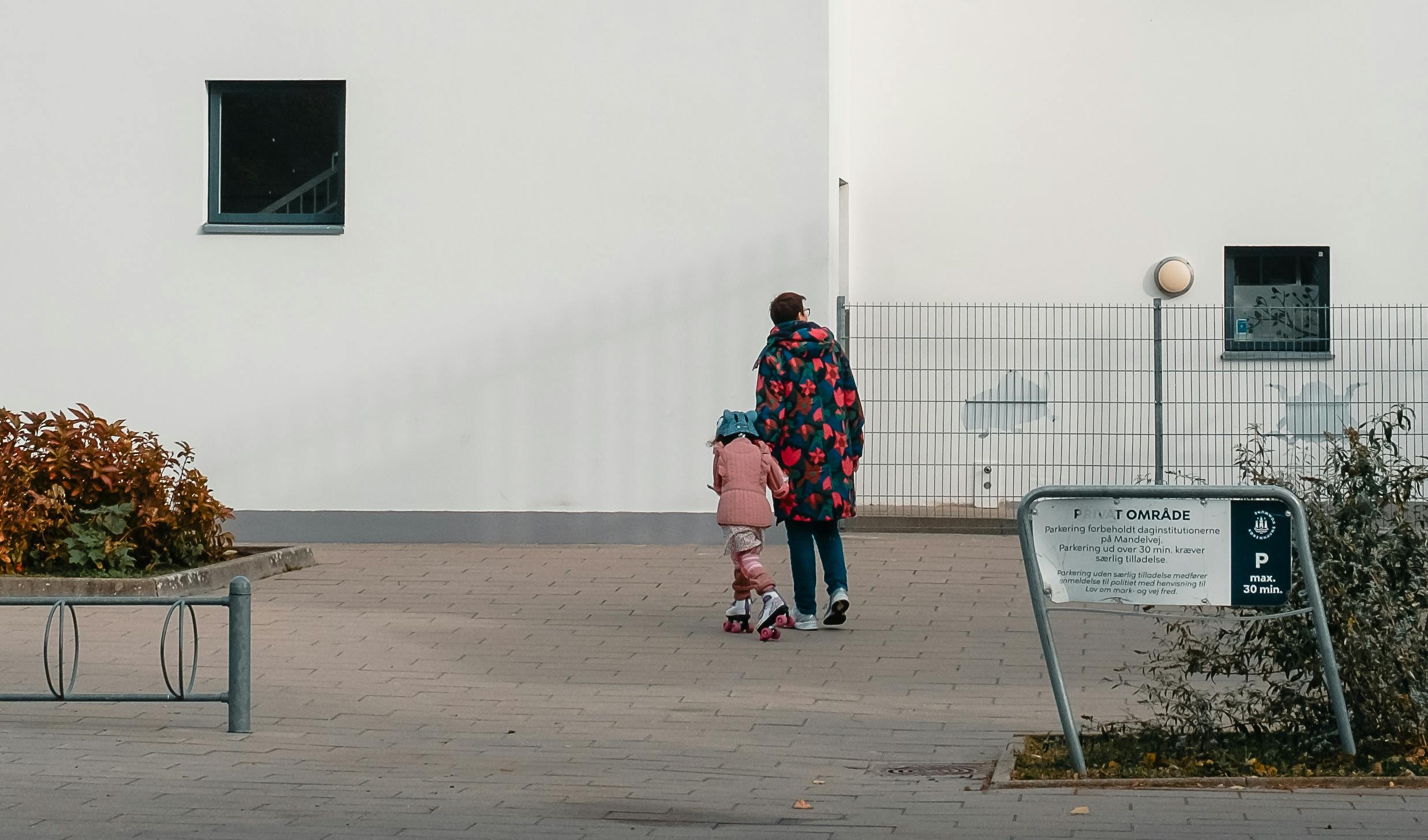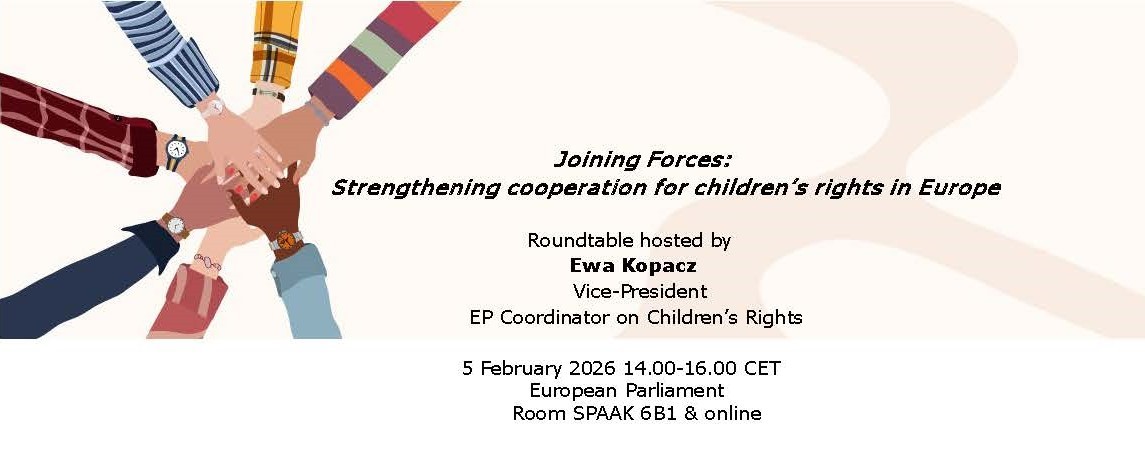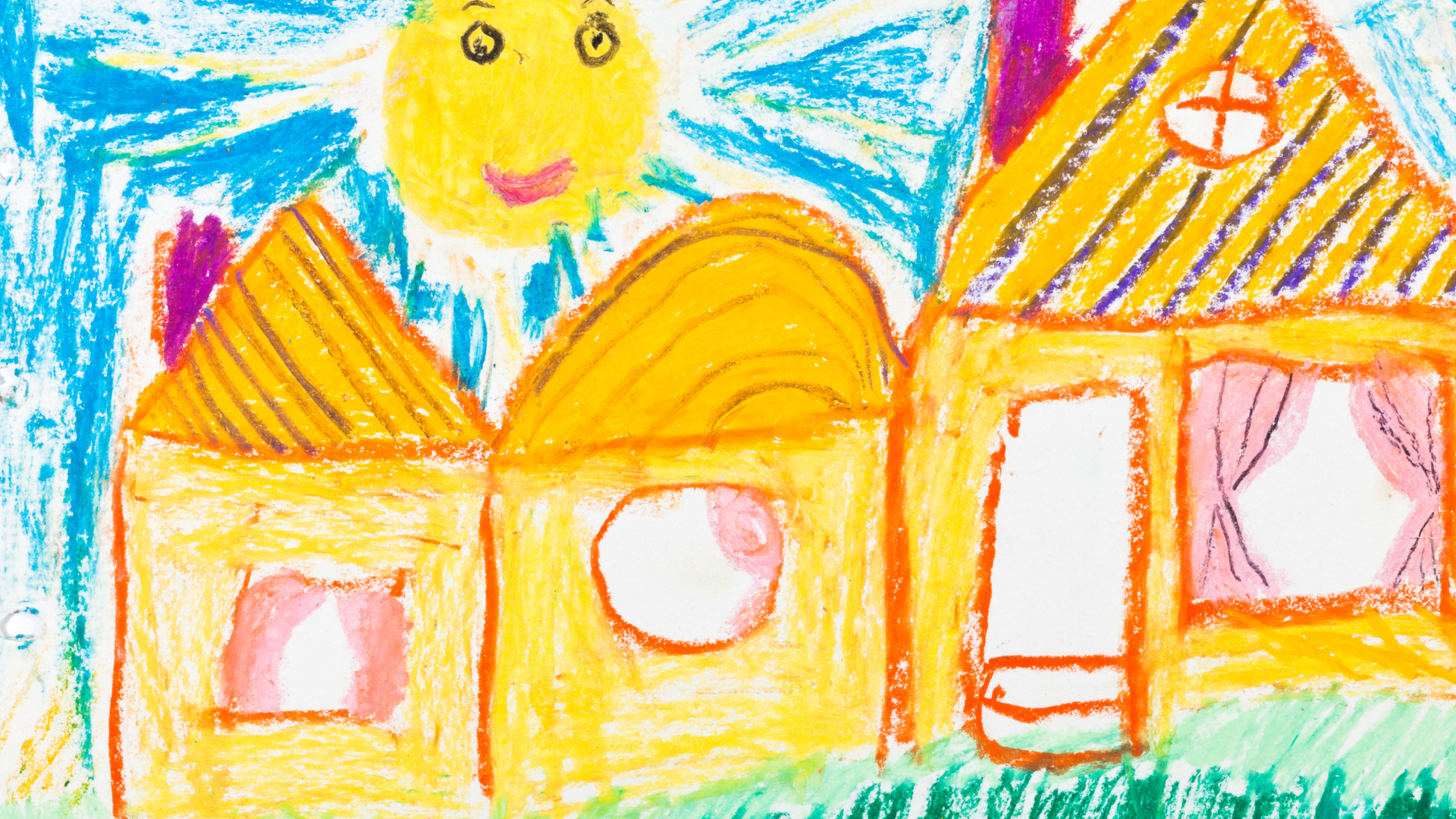How the National Action Plans can change the lives of children across the EU for the better
Member States are expected to submit their Child Guarantee National Action Plans by 15 March. Here’s our recommendations on what should be included to turn the commitments of the Child Guarantee into action.
No one should experience poverty or social exclusion but the current numbers paint a bleak picture.
It is simply unacceptable and indefensible that almost 1 in 4 children in the EU are at risk of poverty or social exclusion. This data is higher than the number of working age adults or older people who are also at risk.
“Every Member State has children at risk of poverty or social exclusion, whatever its economic strength. While every country is different, all should be ambitious and demonstrate strong political will, to address the scourge of poverty and social exclusion among children across Europe.” (Marie- Louise Coleiro Preca, President of Eurochild).
The launch of the European Child Guarantee marked a historic moment for children and it was welcomed by children’s rights civil society organisations in Europe. If developed, implemented, monitored and evaluated comprehensively, this initiative could prove incredibly effective in the fight against child poverty.
Therefore, together with 9 of our members, we set up a Child Guarantee Taskforce to identify a range of recommendations for all Member States and we recently published specific recommendations for 6 countries, Bulgaria, Germany, Greece, Ireland, Italy and Spain.
While we recognize that Member States haven’t had a lot of time to work on their respective National Action Plans, we recommend that their plans not only focus on short term solutions but also on medium and longer-term objectives and targets.
If Member States truly want the Child Guarantee to have a real impact on the lives of children across the EU; the National Action Plans need to show ambition, by including:
- Adequate resources for National Coordinators, who should work in full transparency and in a spirit of collaboration and participation with all relevant stakeholders, including children.
- A wide-ranging identification of all the children in need in each country.
- The establishment a national integrated and enabling policy framework, addressing intersectional and intergenerational cycles of poverty.
- The development of a robust system of data collection, that aligns with EU standards, and allow for a fair monitoring and evaluation process. As shown by our DataCare work, it is in fact extremely important to provide better data for better child protection systems.
Moreover, we recommend that Member States continue to involve children and civil society organisations even after the National Action Plans are approved, for an effective and impactful implementation, monitoring and evaluation process.
The adoption of a European Child Guarantee was a historic decision. This initiative can truly become a pivotal instrument to uphold and safeguard the rights of each and every child, to eradicate child poverty and social exclusion, and to foster equal opportunities for all.
It is now up to Member States to honour their commitment and develop impactful Child Guarantee National Action Plans with and for children.




